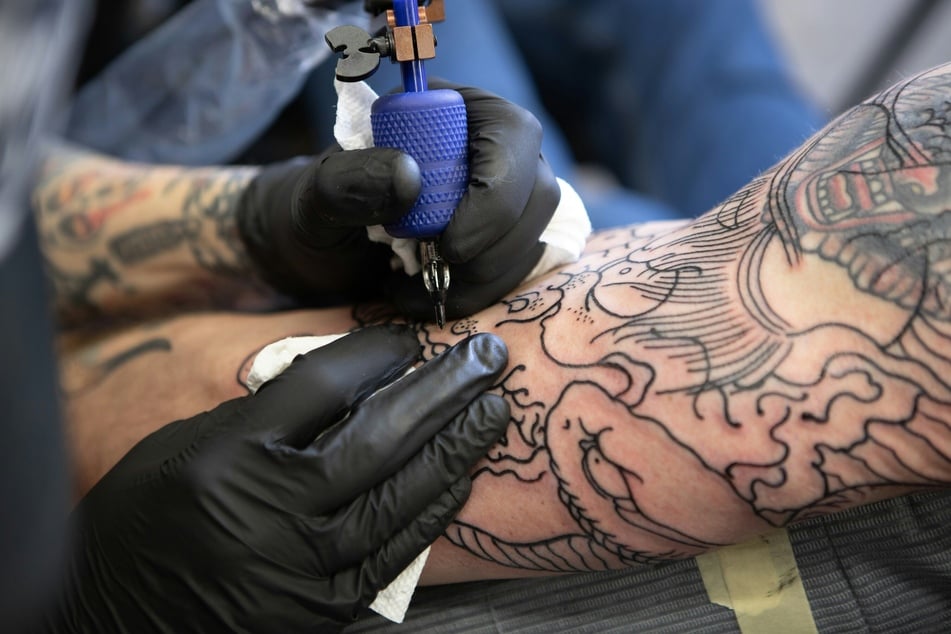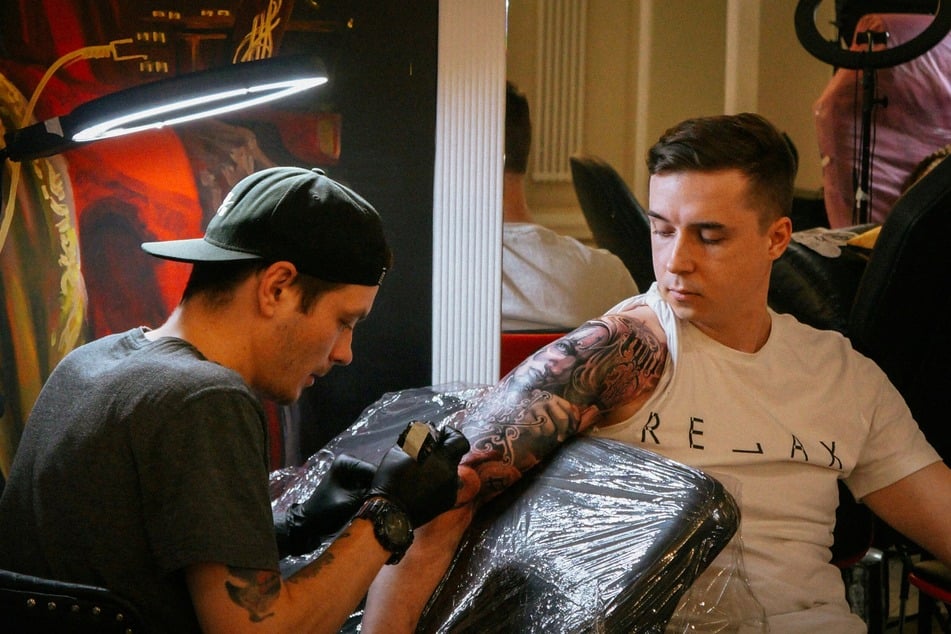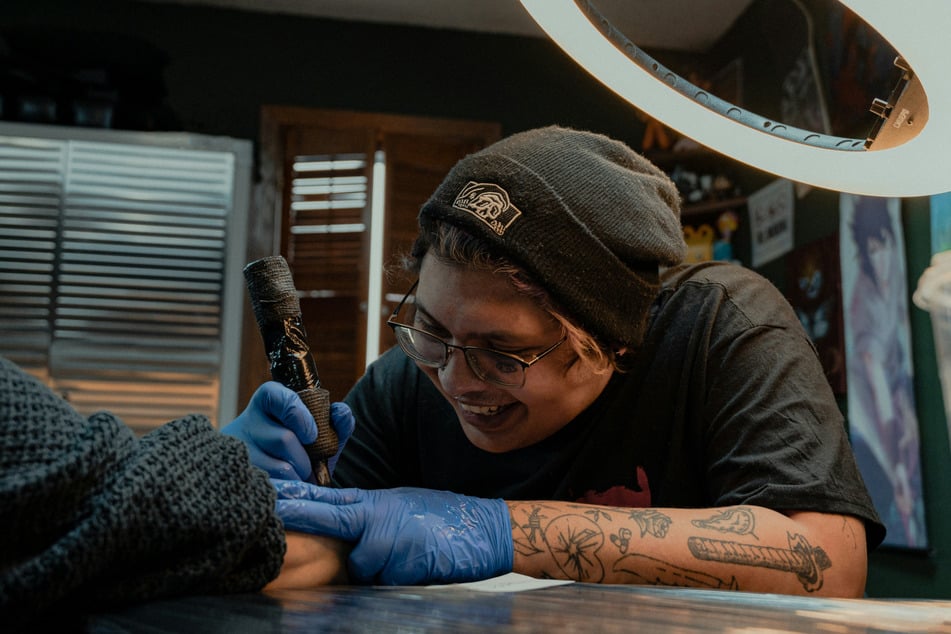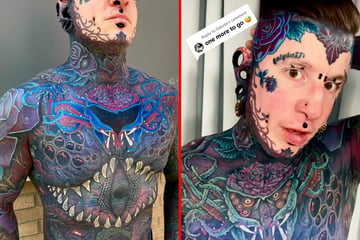Cremation tattoos spark controversy – here's what tattoo artists have to say about it
Oregon - Tattoos have long been a way of memorializing loved ones who have passed away, but now, many ink fans have taken to putting cremated ashes into those tattoos.

Cremation tattoos are when cremated remains are blended into tattoo ink for body art of those mourning a loved one, like Oregon native Joshua Lohnes.
"I never got to hold my daughter," Lohnes told Central Oregon Daily News. "She was never in this world for me to hold."
Four years after Lohnes and his wife lost their unborn baby – who passed away from a genetic disorder – the father was still stuck in the grieving process.
Getting a cremation tattoo of his baby girl allowed him to mourn her in his own deeply personal way.
"I wanted her to be with me... I wanted to have something physical that was beautiful, that I could look at and carry with me," he said.
While some tattoo artists are reportedly put off by the trend, others are entirely on board.
Tattoo artists weigh in on controversial cremation tattoos

La Pine Tattoo Artist Megan Tiller said that people who get cremation tattoos "want to be more connected with their loved one," noting that the practice is often done with pet portraits.
Not all tattoo artists are big on cremation tats, however.
Monolith Tattoo Studio and Academy owner Edward Kehoe explained that, while he thinks that wanting to memorialize loved ones with cremation tattoos is "a very sweet idea," he doesn't think that these kinds of tattoos are particularly sanitary.
"You wouldn't go to a doctor and be like, 'Hey, [while you are] stitching me up, can you drop my dad's ashes in my gut?'" Kehoe said.
Tiller, on the other hand, disagrees with this sentiment, saying, "You can't get much more sanitary than burnt."
She continues, adding that "ashes and soot and minerals were always used in tattoo ink... we've been doing that for hundreds of thousands of years... out of the 20 or more tattoos I've done, there's never been an infection problem."
Are cremation tattoos illegal?

Regardless, the Oregon Health Authority specifies that inks, dyes, or other pigments used in tattoos must be purchased from a commercial supplier or manufacturer, and they must include an expiration date.
The use of banned, restricted, or expired products that are restricted by the Food and Drug Administration (FDA) is prohibited.
Though the rules don't specifically address cremated remains being added to tattoo inks, ink alteration could cause contamination risks, and only some tattoo ink manufacturers offer services where "cremains" can be professionally added to tattoo ink.
The Health Licensing Office has somewhat of a loophole, however, in that "a licensee may obtain advice from a physician regarding medical Information needed to safeguard the client. Advice from the physician must be documented in the client record."
In other words – get your doctor on board, and you might be all set!
Cover photo: Unsplash/benjamin lehman
